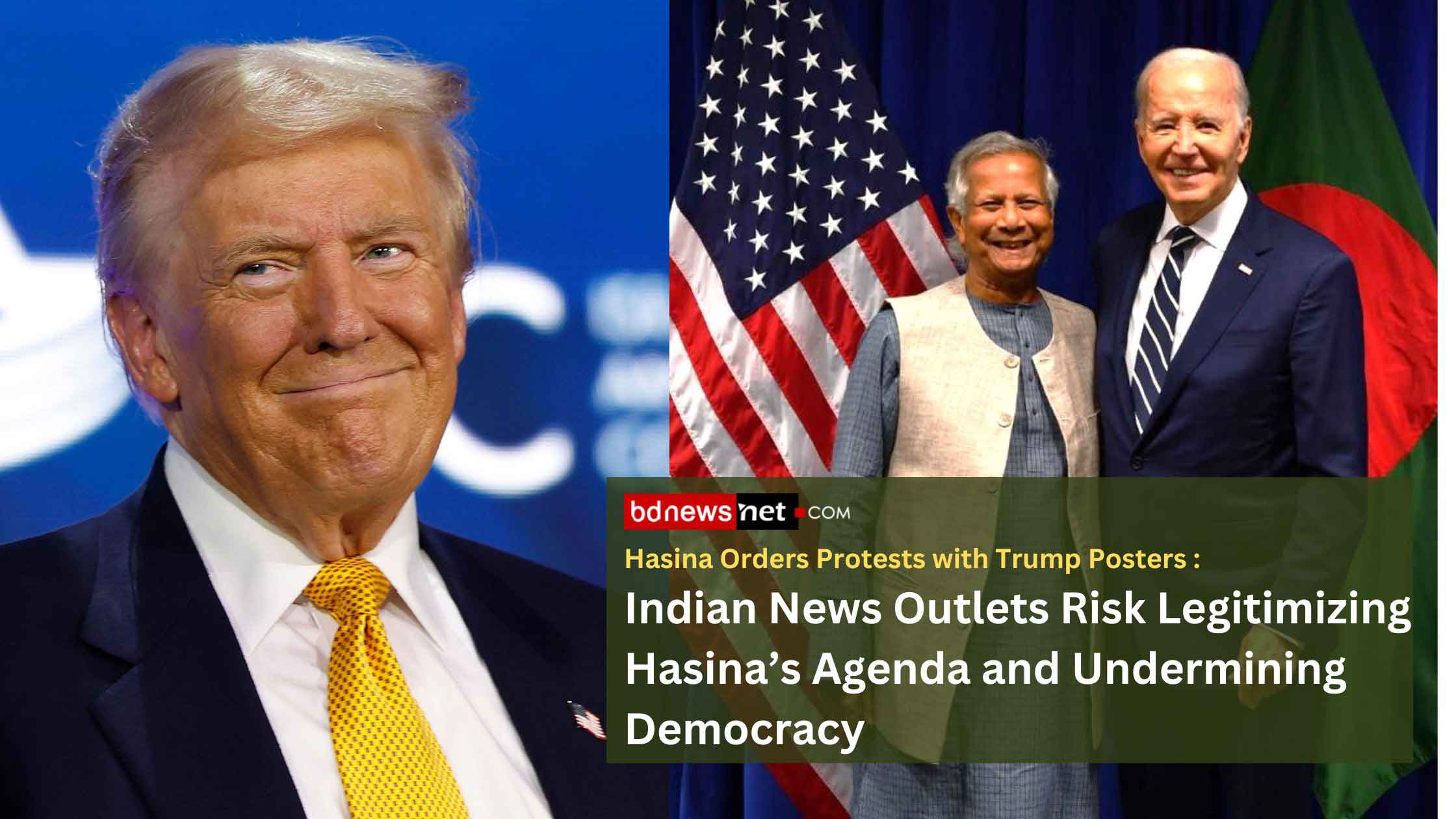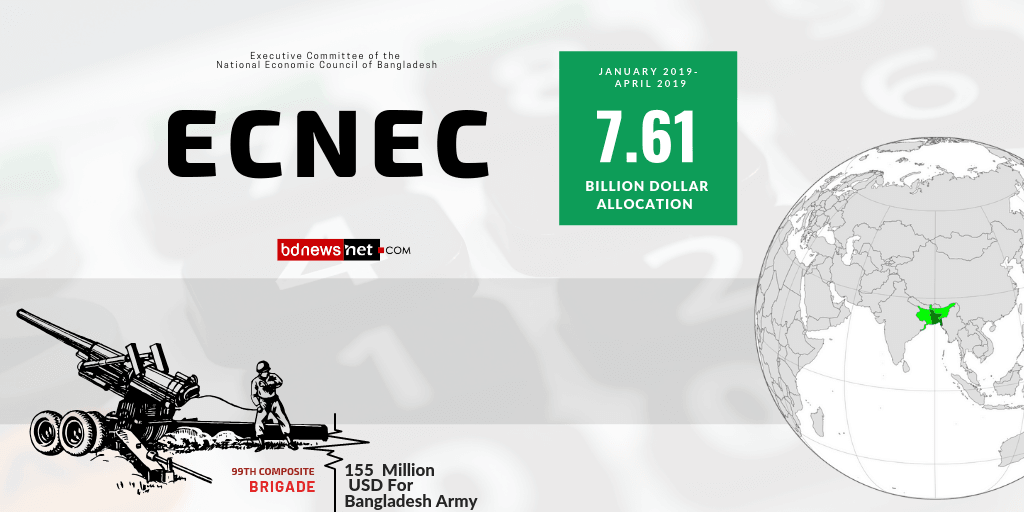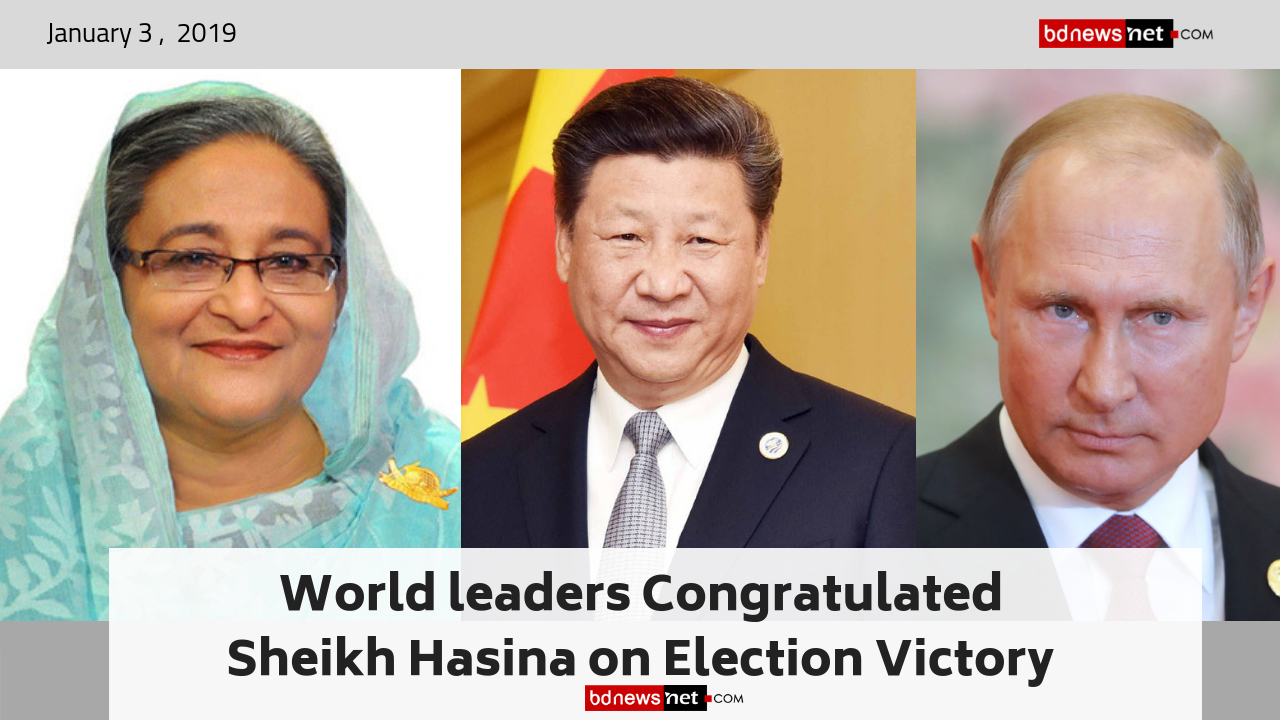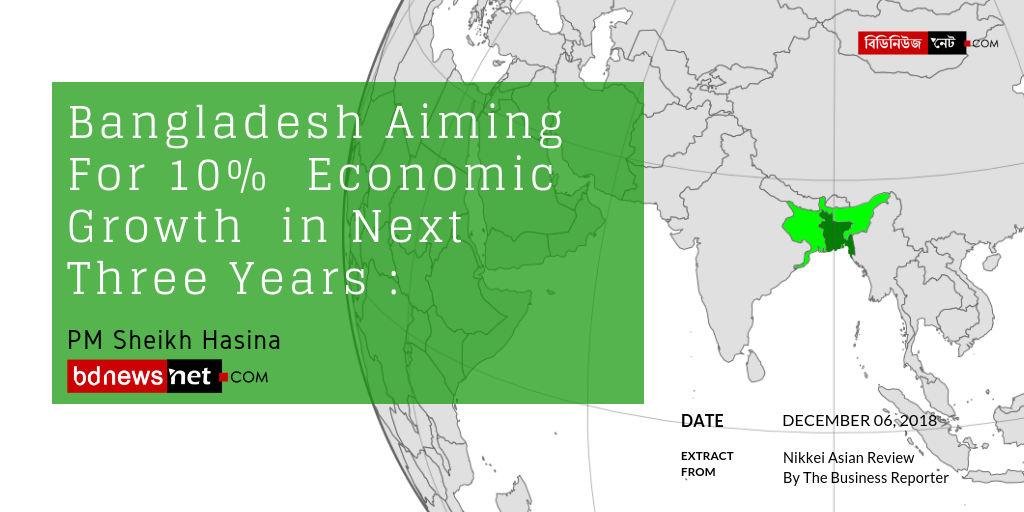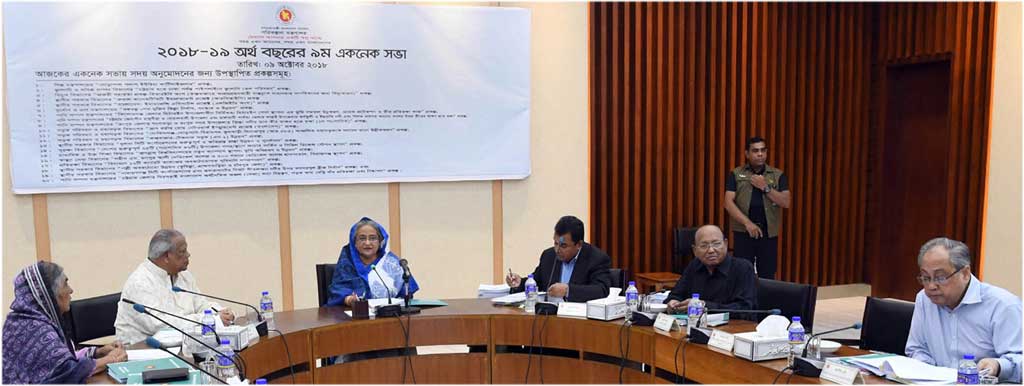Bangladesh Breaking News
Diplomatic Etiquette Questioned: Seating of South Asian Leaders at Modi’s Event Criticized
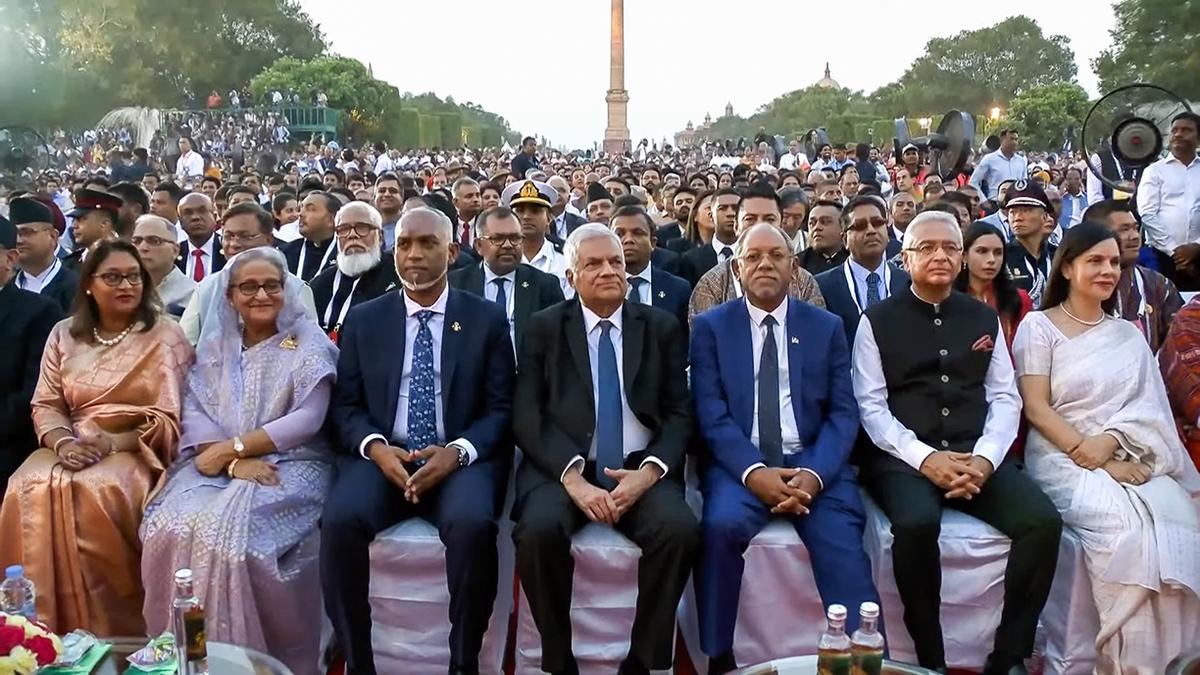
The awkward sitting position of Bangladesh Prime Minister Sheikh Hasina, a seasoned leader with a distinguished career in South Asian politics, during the oath-taking ceremony of Indian Prime Minister Narendra Modi in 2024 did not go unnoticed by analysts and commentators. Various social media groups and forums buzzed with discussions and debates about the seating arrangement, which many felt did not appropriately honor the visiting heads of state.
A Gathering of South Asian Leaders
In addition to Sheikh Hasina, other notable leaders were present at the ceremony, including Sri Lankan President Ranil Wickremesinghe, President of the Maldives Mohamed Muizzu, Vice-President of Seychelles Ahmed Afif, Prime Minister of Mauritius Pravind Kumar Jugnauth, Prime Minister of Nepal Pushpa Kamal Dahal ‘Prachanda,’ and the Prime Minister of Bhutan. These leaders, representing significant political influence and partnership within the region, attended the event to show solidarity and support for India’s newly elected government.
To understand the seniority and experience of the attending leaders, here is a table outlining when each South Asian leader first became Prime Minister:
| Country | Leader | First Term Began |
| Bangladesh | Sheikh Hasina | June 23, 1996 |
| India | Narendra Modi | May 26, 2014 |
| Sri Lanka | Ranil Wickremesinghe | May 7, 1993 |
| Maldives | Mohamed Muizzu | November 17, 2023 |
| Seychelles | Ahmed Afif (Vice-President) | October 26, 2020 |
| Mauritius | Pravind Kumar Jugnauth | January 23, 2017 |
| Nepal | Pushpa Kamal Dahal ‘Prachanda’ | June 4, 2008 |
| Bhutan | Lotay Tshering | November 7, 2018 |
From a seniority perspective, Bangladesh Prime Minister Sheikh Hasina and Sri Lankan Prime Minister Ranil Wickremesinghe were well ahead of Indian Prime Minister Narendra Modi. Both Sheikh Hasina and Wickremesinghe have had long-standing tenures and have traveled the world, being accorded the highest respect in international protocols. Their extensive experience and seniority should have been reflected in the seating arrangements at such a prestigious event.
Visual Disappointment Among Leaders
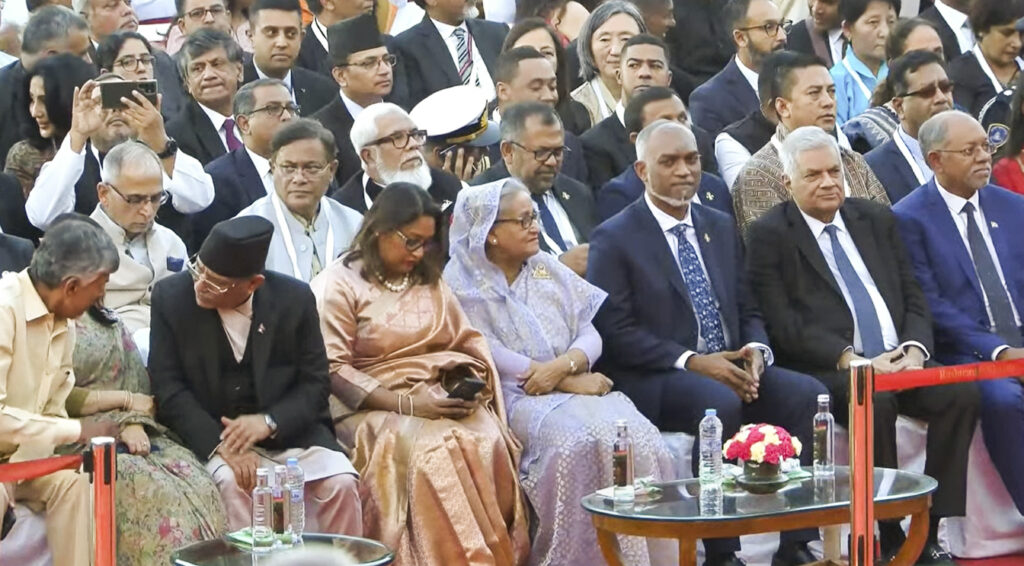
Many leaders seemed visually disappointed with the seating arrangements, a sentiment captured and widely shared on social media platforms. Observers noted the expressions of some dignitaries, which suggested discomfort and a sense of being undervalued. This visible dissatisfaction underscored the importance of seating arrangements in conveying respect and recognition.
On social media and in diplomatic circles, the arrangement was seen as a potential oversight, diminishing the stature of the visiting dignitaries. Many felt that the seating should have reflected the importance of these leaders, ensuring they were given prominent positions that acknowledged their status and the respect due to their countries.
Seating Controversy Sparks Debate
Critics argued that the seating protocol failed to show the proper respect to these distinguished leaders, highlighting concerns about the diplomatic etiquette followed at such a significant event. The seating arrangement sparked broader conversations about the importance of maintaining diplomatic decorum and respect for international leaders during official ceremonies.
On social media and in diplomatic circles, the arrangement was seen as a potential oversight, diminishing the stature of the visiting dignitaries. Many felt that the seating should have reflected the importance of these leaders, ensuring they were given prominent positions that acknowledged their status and the respect due to their countries.
The Importance of Diplomatic Etiquette
Diplomatic etiquette is crucial in international relations as it reflects the host nation’s respect and consideration for its guests. Proper protocol helps in fostering goodwill, building trust, and enhancing bilateral relationships. Here are some key aspects of diplomatic etiquette that are essential for such high-profile events:
- Proper Seating Arrangements: Ensuring that heads of state and government are seated in positions of prominence is a fundamental aspect of diplomatic protocol. This shows respect and recognition of their status.
- Order of Precedence: Following a clear hierarchy based on the positions and ranks of visiting dignitaries is important. This helps avoid any misunderstandings or feelings of disrespect.
- Cultural Sensitivity: Being aware of and accommodating the cultural norms and expectations of visiting leaders can go a long way in ensuring a smooth and respectful interaction.
- Attention to Detail: Small details, such as how leaders are greeted, where they are seated, and the amenities provided, all contribute to the overall experience and perception of respect.
Proactive Steps for Future Events
Given the concerns raised by the recent seating arrangement, it would be prudent for the office of the Bangladesh Prime Minister to contact their Indian counterparts to discuss and coordinate future public settings. This proactive approach would help ensure that all visiting dignitaries are appropriately honored and that any potential issues are addressed beforehand, fostering a smoother and more respectful interaction during such important events.
The seating arrangement at Prime Minister Narendra Modi’s oath-taking ceremony has highlighted the importance of diplomatic etiquette and the need for careful planning in such events. Ensuring that visiting dignitaries are appropriately honoured not only reflects well on the host country but also strengthens international relationships. As India continues to play a pivotal role on the global stage, adhering to diplomatic protocols will be crucial in fostering mutual respect and cooperation with its neighbours and allies.
By taking proactive steps to address seating arrangements and other protocol details, both Bangladesh and India can ensure that their diplomatic interactions are characterized by mutual respect and goodwill.

